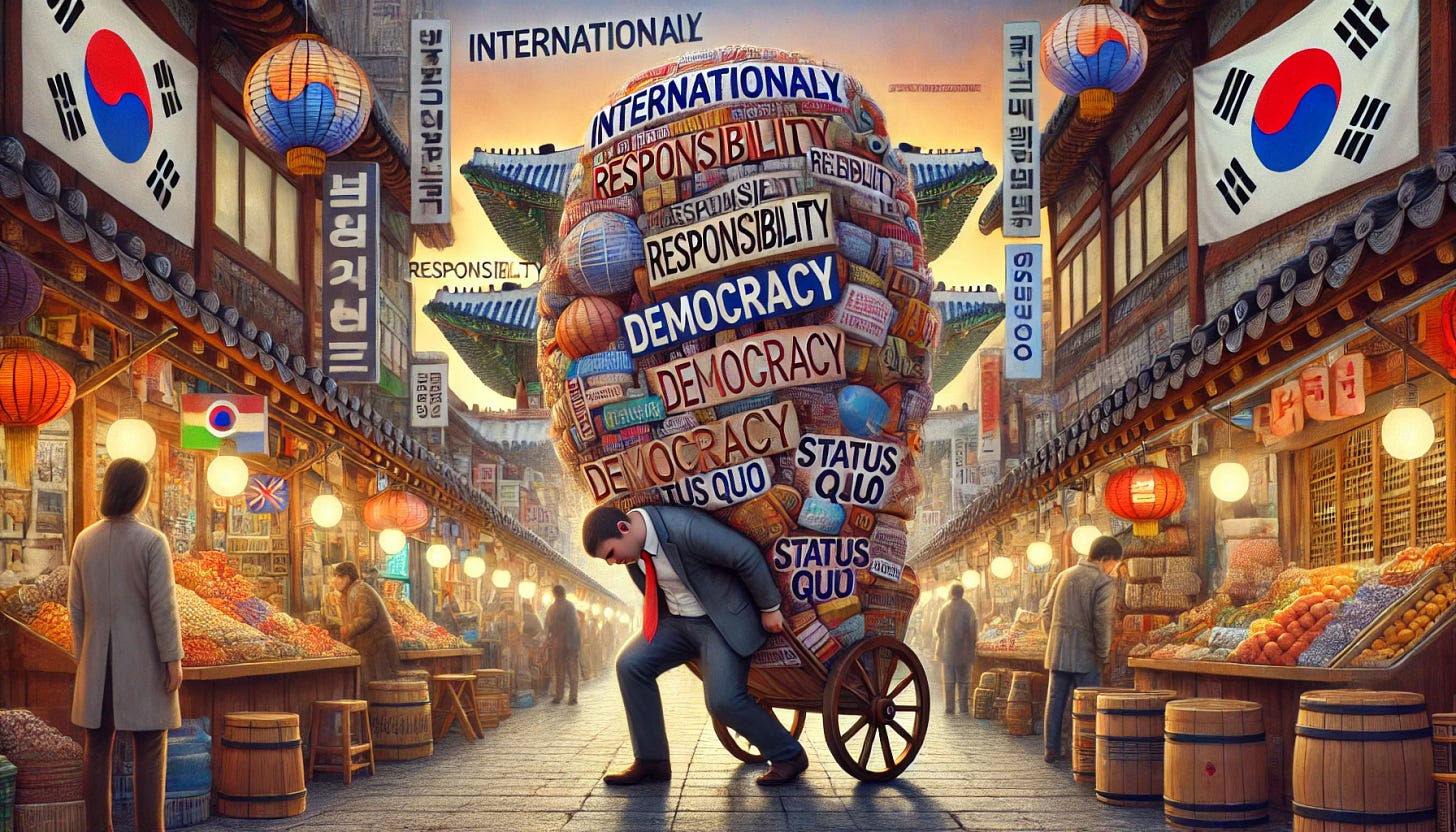South Korea as a middle power: assumptions and misunderstandings
Words and labels frame the way we think, fortify assumptions, and build expectations
Words and labels have power. They frame the way we think, fortify assumptions, and build expectations. They also obfuscate and mislead. In academic, diplomatic and media settings, the routine descriptor to contextualize South Korea’s role in the world is “middle power.” We rarely think deeply about the term and are prone to ignore its influence. Could using the middle power label blind analysts to changes in South Korea’s foreign policy?
There are multiple middle power definitions on which academics spend way too much time. Regardless of which definition they use, the import of the term in the English language remains much the same. A middle power is a state that is neither big nor small. Yet, there are also inherent associations that the epistemic community brings to the term based on experience, education, and background. Typical widely held assumptions include:
Middle powers are “international in focus, multilateral in method, and good citizens in conduct.” They hold diplomatic capac…



